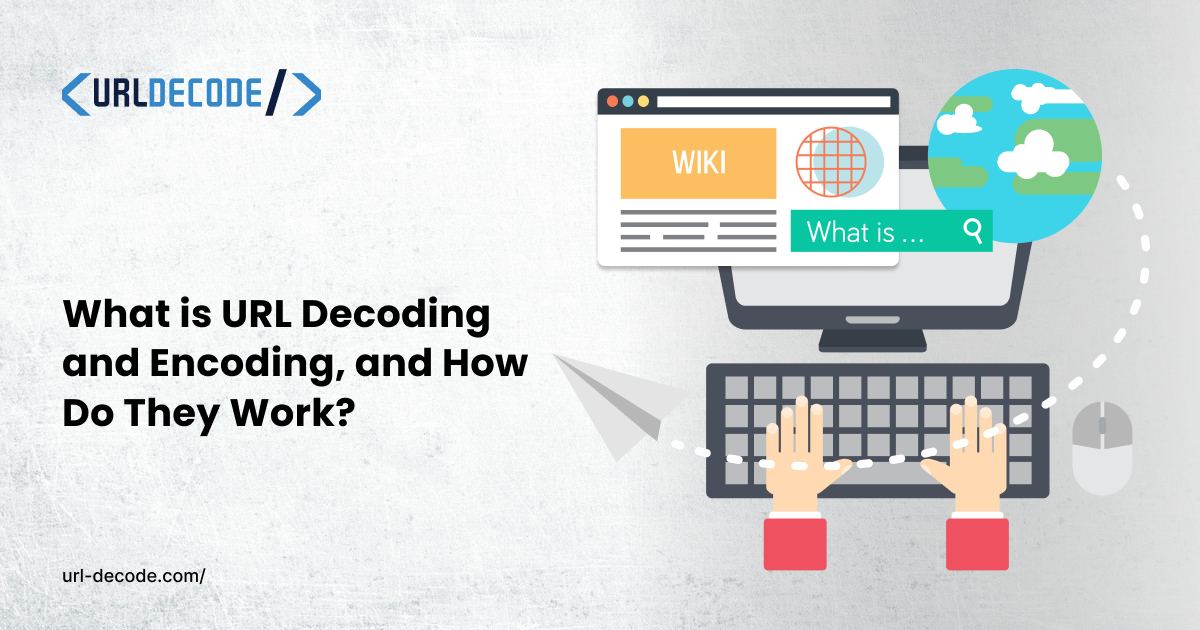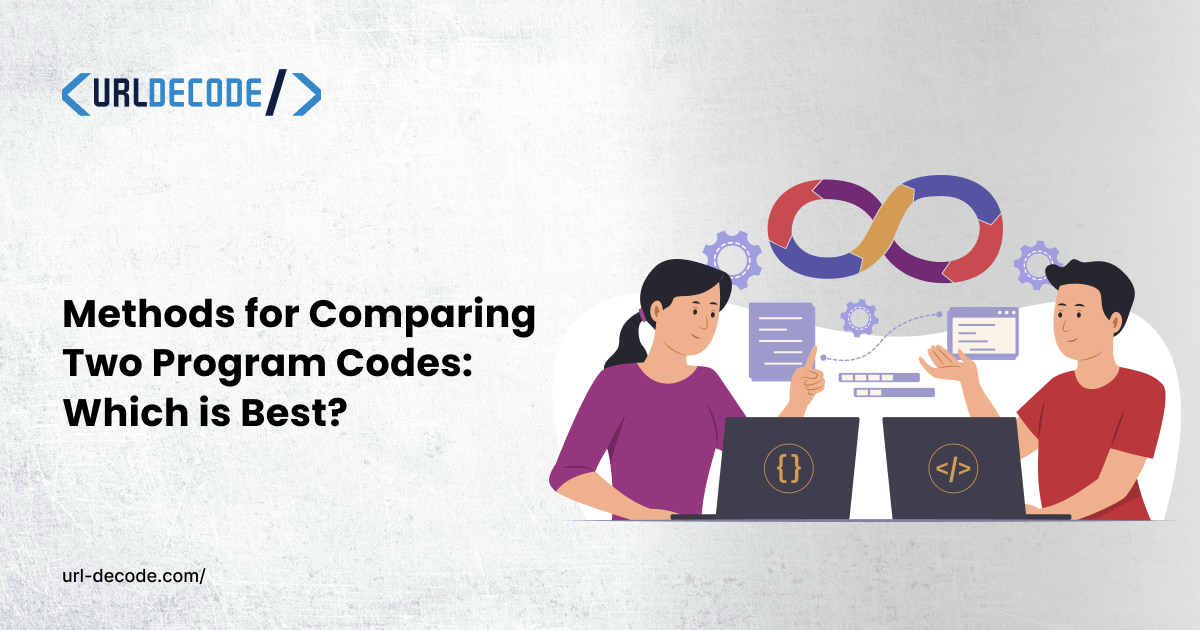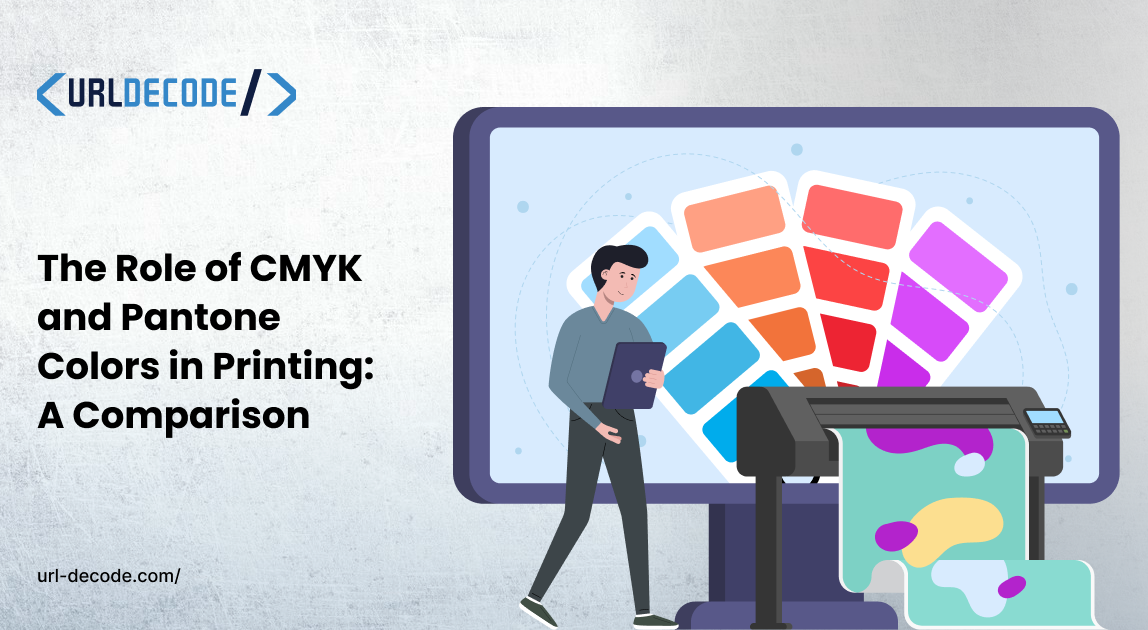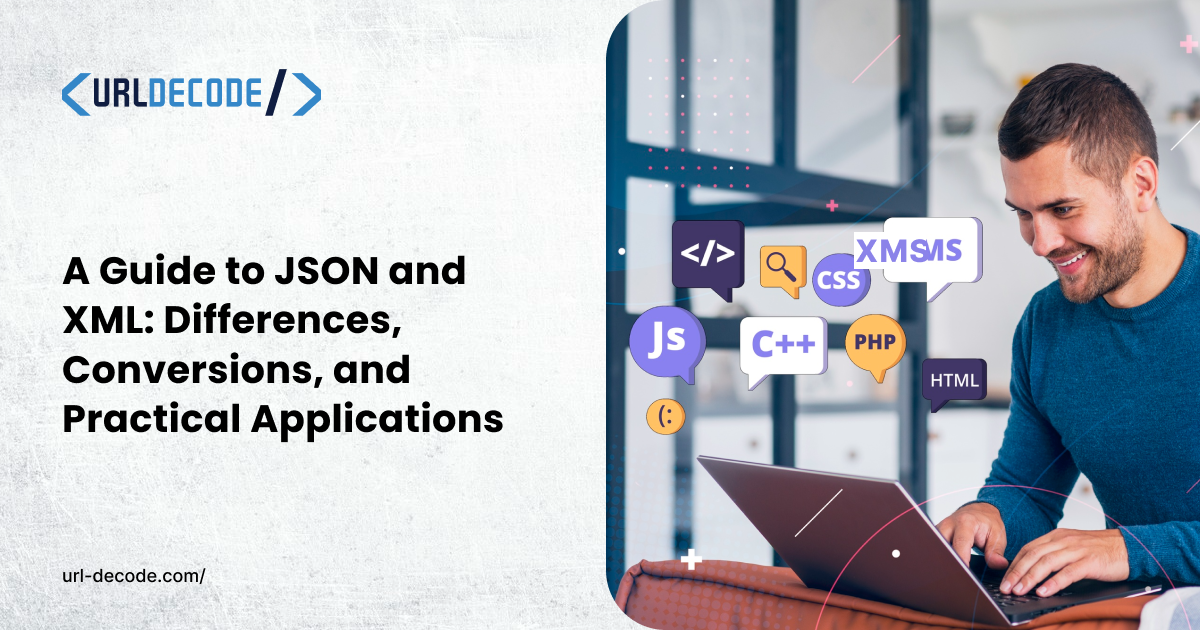How AI Legal Tools Ensure Compliance in the Age of Data Privacy and Cybersecurity
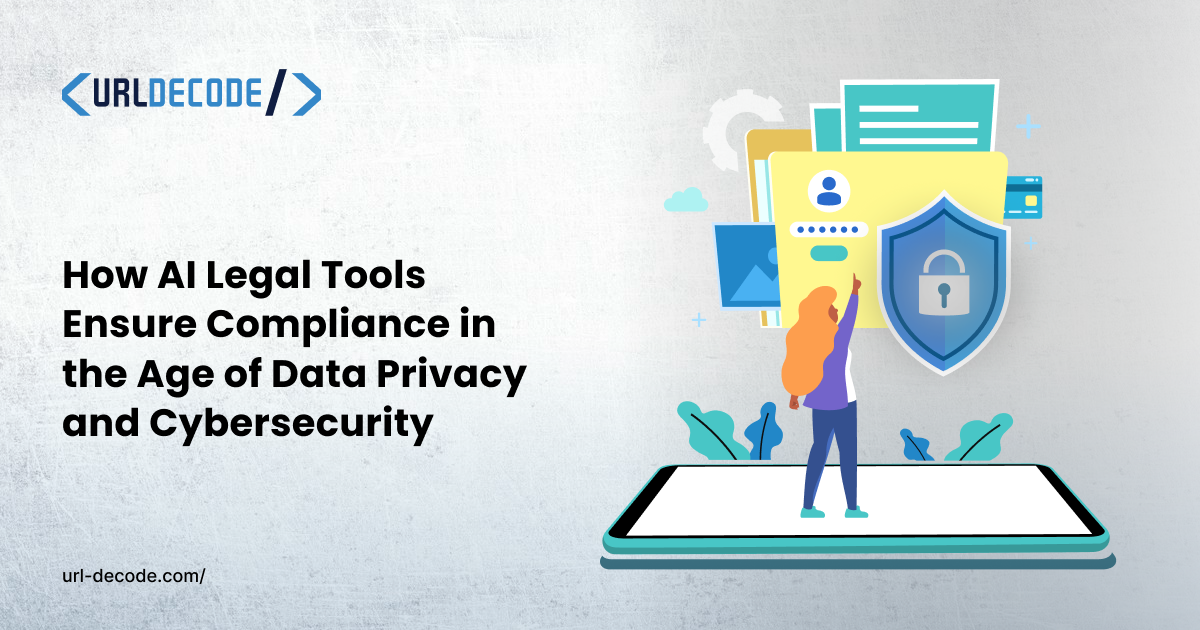
AI legal tools offer a wide range of services nowadays for both lawyers and law students. Some of the most prominent features are case summaries, contract drafting, and efficient legal research tools. However, a feature often underestimated in AI legal tools is legal compliance monitoring.
Legal compliance monitoring uses AI to ensure alignment with current laws. These features can generally monitor cybersecurity threats, automate breach reporting, review contract provisions for legal compliance, perform legal risk assessments, and align users with updated administrative regulations. Artificial Intelligence Services can enhance these capabilities by offering advanced AI-driven solutions to help businesses maintain compliance more effectively.
But what does this mean for law students? Tackled in this article are some of the answers to this, and how AI legal tools can further promote compliance with current Philippine laws.
Why Compliance Matters in the Digital Age
Without a doubt, the digital age brings about numerous efficient and smart tools that can make our lives as law students much easier. However, this also opens the floodgates to numerous breaches of laws, misuse of technology, and the like, without us knowing. Thus, it is important to keep our eyes out for some of the growing risks of using AI legal tools, such as the following:
Data Privacy Act Risks
The most prominent risk of using AI legal tools is possible data breaches, which leave our personal and sensitive information out in the open. RA 10173, or the Data Privacy Act, generally prohibits acts that process sensitive personal information and privileged information, and since we use AI legal chatbots to solve some of our legal research problems, this might be a hurdle.
To ensure that we don’t perpetuate data privacy breaches, we must be careful with the information we share online, especially if it involves a pending case.
Cross-Border Data Flows Challenges (GDPR)
Cross-border data flows allow a free exchange of information among different States. A problem arises when information that is not illegal to share in the Philippines is disallowed in another jurisdiction.
For instance, in the Philippines, cross-border data flows are allowed for as long as protection is adequate, consent of the receiving entity is acquired, and Data Sharing Agreements (DSAs) are in place. However, if the information is exchanged with a European country, the GDPR or the General Data Protection Regulation is applied, which calls for stricter requirements such as Adequacy Decisions, which certify certain countries, Standard Contractual Clauses (SCCs) approved by the EU Commission, and Explicit Consent of the receiving entity.
Cybercrime Prevention Act and Legal Consequences
Under the Data Privacy Act of 2012, acts such as unauthorized processing of personal and sensitive personal information for unauthorized purposes, accessing personal information and sensitive personal information due to negligence, or unauthorized disclosure can result in imprisonment or the payment of a large sum of money. Working with a reliable cyber security consulting company can help organizations prevent such violations by implementing appropriate safeguards and supporting compliance.
Benefits of Using AI Legal Tools for Data Privacy & Cybersecurity Compliance
1. Efficiency & Accuracy
AI legal tools automate repetitive compliance tasks such as contract reviewing, monitoring, and reporting. Aside from this, using AI legal tools reduces the time spent on legal research and due diligence in checking all the issuances and advisories.
2. Cost-Saving
Since AI legal tools no longer require more tedious legal research using various materials, it does not need additional purchases for articles or books that have paywalls.
3. Easier to Understand Requirements
Since law provisions may be saturated with all the information one might need, the list of requirements may not be apparent to the user. With AI legal tools, these requirements can be neatly listed down.
How AI Tools Help Monitor Compliance
One of the challenges law students have to go through is the consistent assurance of legal compliance. Legal tools simplify compliance by tracking multiple legal provisions for you.
1. Updated Information
AI legal tools can update the user on recent advisories or issuances from central administrative agencies such as the National Privacy Commission (NPC) and the Securities and Exchange Commission (SEC). It can be assured that the pool of information easily accessible through AI legal tools is up to date since they follow what current advisories state.
2. Automated Contract Review
The Natural Language Processing (NLP) feature of these AI legal tools enables it to review contracts and policies to ensure they meet NPC-mandated requirements. The tools can easily determine clauses that do not meet these standards, such as “insufficient consent provisions” or “vague data retention terms”.
3. Early Risk Warnings
Another feature that AI legal tools can offer is risk alerts. These call the attention of the user when there are possible suspicious access or attempts targeting sensitive information such as passwords or bank details in violation of certain provisions of RA 10175 or the Cybercrime Prevention Act.
AI-Powered Legal Research for Data Privacy and Cybersecurity Compliance
AI legal tools that help us do research can also ensure data privacy and cybersecurity compliance. In Digest AI, an advanced AI legal chatbot designed specifically for Filipino legal professionals and students, ensures legal compliance when it provides source-cited answers to your queries.
When asked a question, Digest AI provides a general summary of what the answer is, as well as the citations it used in coming up with the answer. In this manner, the user can countercheck for themselves whether said answers are actually accurate.
When you scroll further down, you can see that it cites other jurisprudence that can answer you. Not only that, but it provides for the latest case law and its summary or doctrine while applying its initial answer.
Aside from that, Digest AI can also provide a user with quick summaries of recent jurisprudence on the application of the Philippine Data Privacy Act and its relevant issuances. In this manner, one need not rely on the legal AI chatbot since efficient legal research is now accessible through case digests for as low as P199/month.
Future of Compliance in 2025 and Beyond
With AI regulation finding its way into our local laws, a more responsible tomorrow for users of AI legal tools. For instance, RA 10173 or the Data Privacy Act regulates the ways and means in which personal and sensitive information is circulated online. RA 10175, or the Cybercrime Prevention Act, on the other hand, provides penalties for possible data breaches in online legal AI spheres.
Following the trend of these already-existing laws, the future of compliance appears to be moving towards stricter cybersecurity laws as well as cross-border compliance management. Cross-border compliance ensures that AI tools can ensure multi-jurisdictional compliance among states. For instance, AI tools in the Philippines can ensure compliance with the EU Artificial Intelligence Act without any need to consult multiple resources online.
Legal AI tools such as Digest AI can jumpstart these innovations by incorporating regulatory databases containing updated laws, advisories, and guidelines. Further, these platforms can also help further the movement of a safer and more secure AI sphere.
Conclusion
While there isn’t a law yet fully directed at ensuring the regulation of legal AI tools, legal platforms such as Digest AI can help secure compliance of their users with laws and avoid unintended violations.

